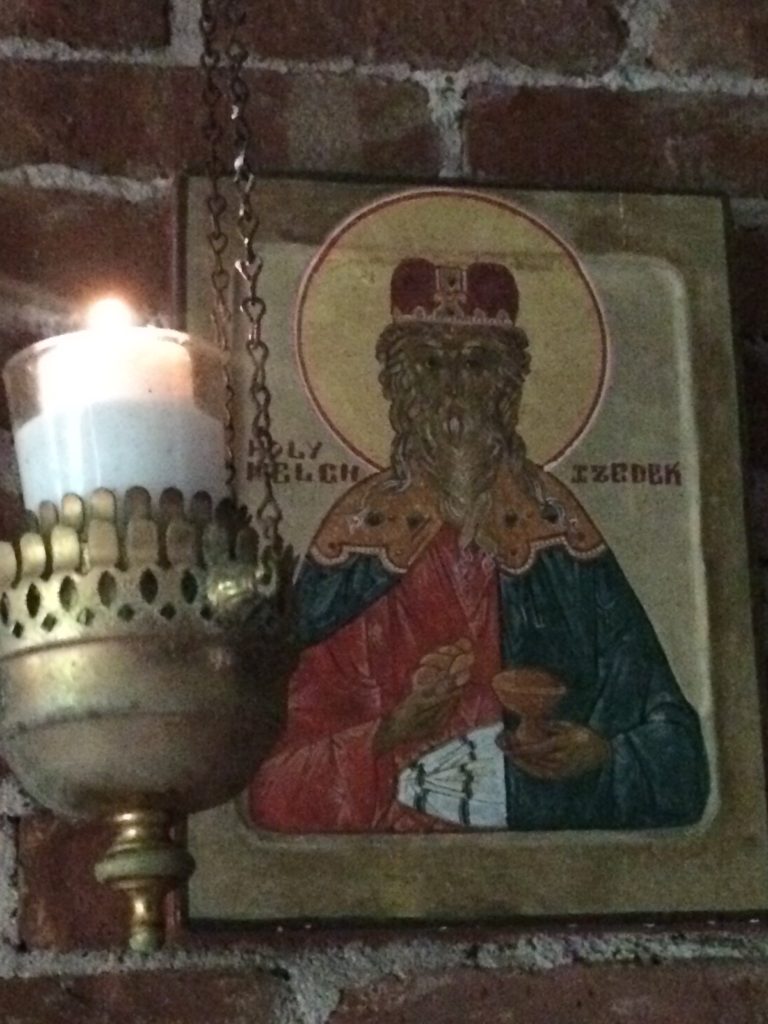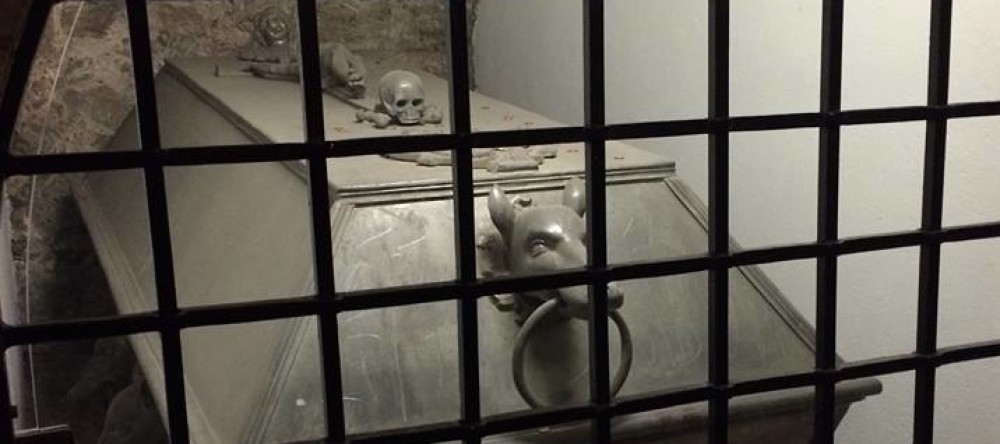
Whoever, therefore, eats the bread or drinks the cup of the Lord in an unworthy manner will be guilty of profaning the body and blood of the Lord. Let a man examine himself…. For anyone who eats and drinks without discerning the body eats and drinks judgement upon himself. (1 Cor. 11:27-29)
The apostle’s words are blunt and sharp. Whoever shares in the Eucharist unworthily brings condemnation on themselves. Although meant to be life-giving, the Holy Gifts can bring judgement and condemnation because the presence of God is a two-edged sword: his light exposes and reveals the truth, whatever that truth might be. If it reveals our honest struggle to live in fellowship with him, we share the fellowship we seek. If it reveals either no such struggle or even active struggle to avoid his light, then we are judged because our partaking of the Eucharist reveals that we knew better, that we turned our back on our own words by refusing to even attempt to live up to the words we said at our baptism and at the celebration of the Eucharist.
“What does it mean to receive unworthily? To receive in mockery, to receive in contempt.”
St. Augustine of Hippo, Sermon 227
How do we mock the Eucharist? When we dare to consume the Eucharist when we are allowing ourselves to be consumed with greed, or anger, or malice. These attitudes are what make us unworthy to receive the Holy Gifts. It was these attitudes–especially greed and selfishness–on display among the Corinthians that made them refuse to wait for one another at the parish dinners, some eating too much and getting drunk while others were going hungry.
To struggle against our greed, anger, or malice is a sign of life and God honors that struggle by remaining in fellowship with the one who struggles. If we give up the struggle against these attitudes, we are already spiritually dead, even if we are physically still alive.
“Do you work wonders for the dead? Will those who have died stand up and give you thanks?” (Psalm 88:11) This question in the psalms concerns not just those dead and buried in the ground but those spiritually dead, still walking around the surface of the earth. In hell, there is no Eucharist; the spiritually dead, in need of Resurrection, are equally outside the Eucharist. “For in death, no one remembers you; and who will give you thanks in the grave?” (Psalm 6:5)
The dead, those who have surrendered to their greed-anger-malice, are incapable of giving thanks or honest participation in the Eucharist. These are the people who mock the Eucharist and receive it with contempt. Struggling against these attitudes are what make us capable of giving thanks and honest participation in the Eucharist; even if we fail and must renew our struggle time-after-time-after-time-after-time, this is the behavior of a person who honors the Eucharist and avoids bringing judgement and condemnation upon themselves.

This is a very nice article and a very nice icon.
Thank you for your kind words, Carter! The icon was the work of a 13-week class; I was working under the supervision of Vladislav and Dmitri Andrejev, who have since founded the Prosopon school of iconography. Our parish sponsored these classes each fall for several years.